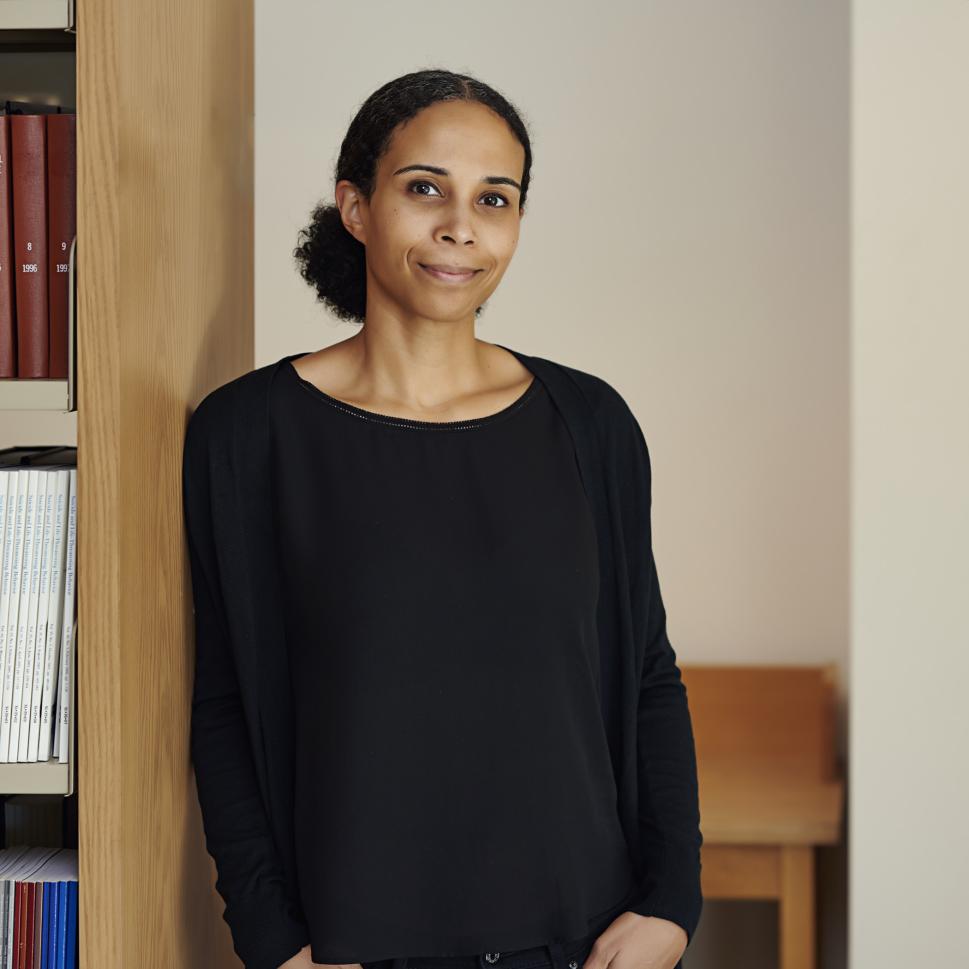Data is more than numbers — it’s narrative. It reveals patterns, exposes gaps, and points to solutions. In health care, those insights are critical: they show us where systems fall short, who is being left behind, and how we can do better. That’s the driving force behind the latest University Research Chairs (URC), launched in partnership with the Ottawa Academic Health Network (OAHN). One of these newly appointed URCs is The Royal's Dr. Rebecca Robillard.
A key driver behind the creation of these chairs, the Ottawa Academic Health Network (OAHN) is a newly established alliance of leading partners, including the teaching and research hospitals affiliated with the University of Ottawa. The network is designed to foster collaboration in research, elevate Ottawa’s reputation as a hub for health innovation, and strengthen our world-class health education ecosystem. By bridging the gap between discovery and practice, OAHN helps ensure that breakthroughs in health research translate more rapidly into improved care, enhanced training, and better outcomes for patients.
These OAHN-URC projects aim to advance research on sleep and mental health, optimize cardiovascular rehabilitation, and examine how language influences equity in health care. By harnessing data, they seek to better understand the nuances of health — and turn evidence into concrete action.
Dr. Rebecca Robillard
Ottawa Academic Health Network University Research Chair (OAHN-URC) in Sleep and Mental HealthFaculty of Social Sciences and The Royal’s Institute of Mental Health Research
Associate Professor Rebecca Robillard seeks to better understand the connection between how we sleep and how we feel, a connection that runs deeper than many realize.
Dr. Robillard, who is both a clinical psychologist and neuroscientist, is well-equipped to examine sleep disturbances across a wide range of mental health conditions. By comparing data from individuals with different psychological profiles, she is identifying both common disruptions — such as altered sleep cycles or changes in brain-heart activity — and distinct patterns unique to each condition. This dual lens opens the door to more personalized, targeted interventions.
Her work combines brainwave analysis, wearable sleep tech and real-world data collected in both clinical and community settings. A key part of the project is the creation of a national, open-access repository on sleep and mental health — the first of its kind in Canada.
This resource will be embedded within the Brain-Heart Interconnectome, a major interdisciplinary initiative that explores how the brain and heart interact to shape health outcomes. By contributing to this platform, her work will help accelerate discoveries at the intersection of sleep, mental health and cardiovascular function, especially for underserved and diverse populations.

